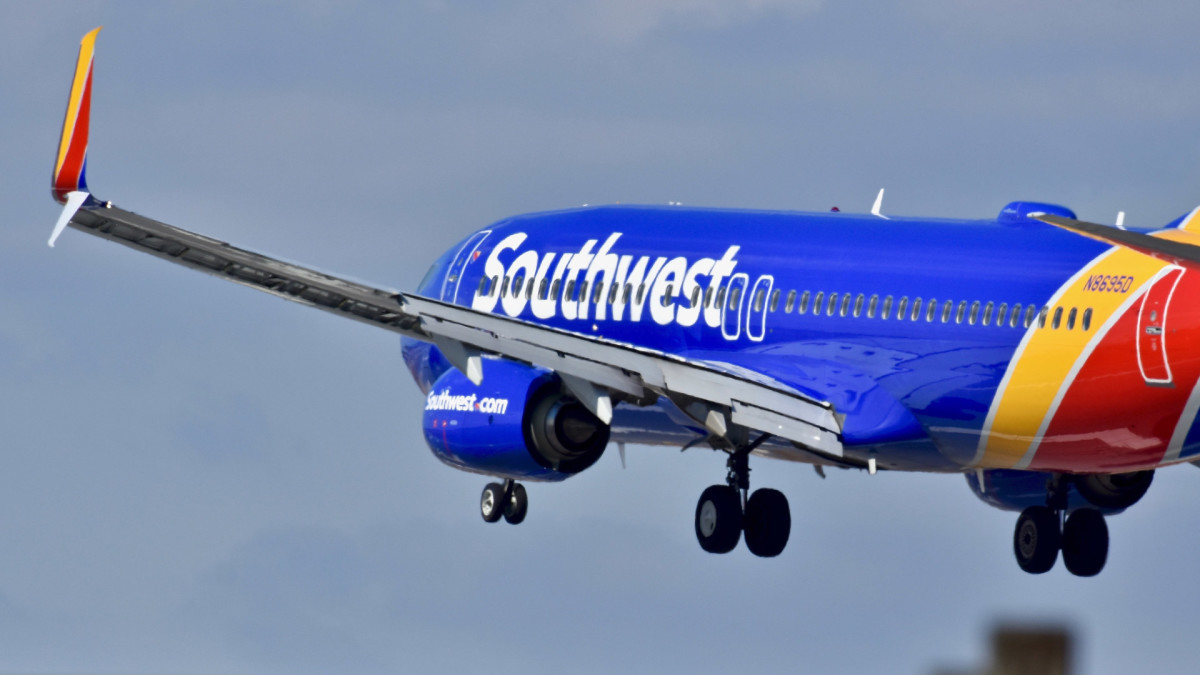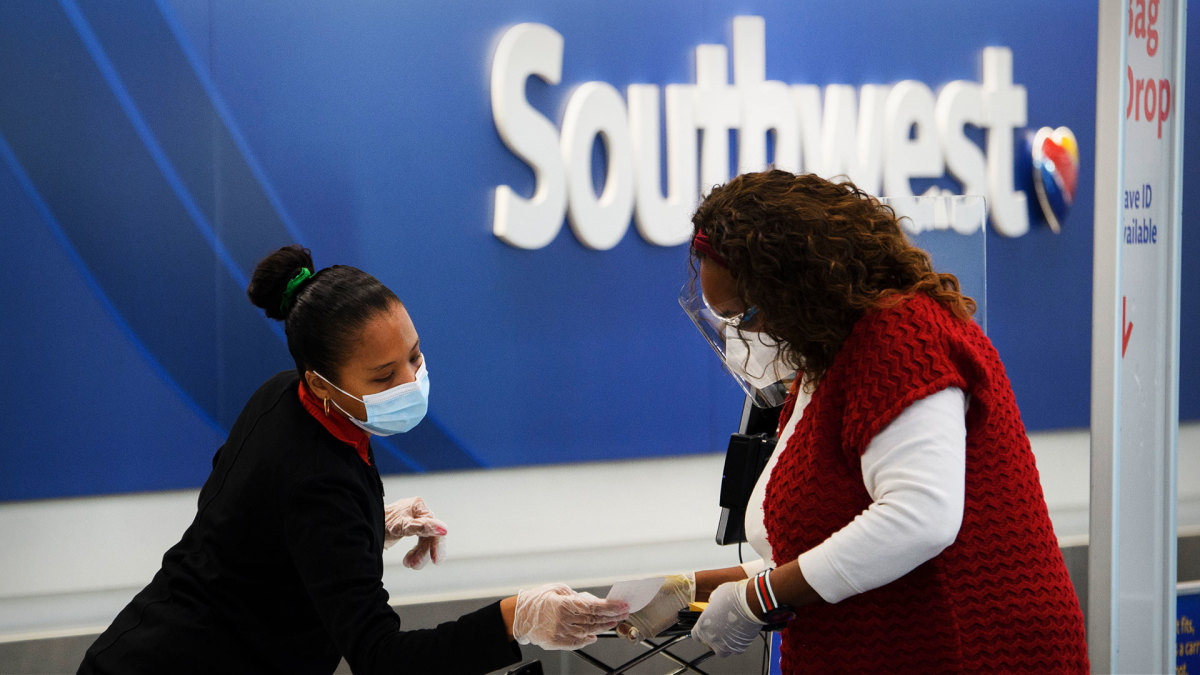
Southwest Airlines pilots asked in August to be released from federal mediation with the airline. That request was denied and the union and the airline returned to the bargaining table.
That has not resulted in a contract despite the fact that the Southwest Airlines Pilots Association (SWAPA) and the airline have been working with the National Mediation Board (NMB) since Sept. 2022. Federal law mandates that the union cannot strike (or take any labor action) until it gets released from mediation.
Related: Southwest Airlines trying massive customer perk
Even if that happens and the NMB releases SWAPA, the union cannot strike until after a legally mandated 30-day cooling-off period. And, even if those two things happen, President Joe Biden can keep the union from striking.
Despite all of those barriers, SWAPA has taken multiple steps toward a strike. The union has opened two "strike centers" — one in Dallas and one in Baltimore — and it's amplifying the efforts of another airline union's efforts to move closer to a strike. The union shared a post on its website that highlighted the steps American Airlines (AAL) -) flight attendants have taken during their NMB-mandated negotiations with their airline.
"American Airlines flight attendants are asking federal officials for the right to go on strike, possibly before the end of the Christmas and New Year's travel rush, but American said there was 'no possibility' of a walkout over the holidays," SWAPA shared via an ABC News post on its website.
The flight attendants union asked for a release from mediation on Nov. 20 but have not received an answer. The union has not received a raise since 2019 and wants to begin the process of initiating a strike.
SWAPA leaders plan to do the same thing and again request to be released from mediation "in the next few days," the union shared.

Image source: Patrick T. Fallon / AFP
Southwest Airlines pilots want to strike
While both the American Airlines flight attendants and Southwest Airlines (LUV) -) pilots have taken the required steps toward a strike, it's unlikely one would happen during the holiday season. The NMB has not answered the Association of Professional Flight Attendants (APFA) request which could be a stalling tactic designed to push the 20-day cooling-off period past the New Year's holiday.
Even if the request is granted, it's likely that Biden would use his authority to prevent a strike and keep the flight attendants from striking.
SWAPA likely faces the same impediments to a strike, and the union has come out aggressively against the airline. The union is not just asking for higher wages and better working conditions. It wants the airline to improve its technology, SWAPA Vice President Michael Santoro told NBC5 Dallas.
"We're behind the industry in every area you can think of in our contract. So we're asking for quite a bit. Obviously, wages, retirement, disability. One of the big pillars that other airlines didn't have a huge issue with, but we do, is our scheduling system," Santoro said.
ALSO READ:
- The tiny Keurig shoppers call 'the best coffee brewer' is just $50 for Black Friday
- This Oprah-Favorite Carry-On Is Finally Under $100 for Amazon Black Friday
- The Best Black Friday Fitness Deals of 2023 From Bowflex, Dymatize, Asics & More
Southwest's pilots are openly critical
While contract negotiations can get contentious, SWAPA has been critical of Southwest well beyond the normal efforts to get a new contract.
Capt. Tom Nekouei, a pilot with 30 years of experience and 18 with Southwest was critical of the airline in a post on the SWAPA website. He brought up the airline's meltdown during last year's holiday season, which left tens of thousands of passengers stranded.
“We had a winter storm and the inability of the company to deal with severe weather events. I don’t know if we’re going to have another one. The ability of the company to deal with them, we don’t feel has been addressed and improved," he said.
The pilot cited a recent situation in Denver where he said the airline struggled to get planes de-iced.
“Last year, with shutting the airline down for a week, we thought we’d get an overwhelming response with more manpower, equipment, and increased staffing. It just doesn’t seem to have happened. If we have major weather events this winter, the company is not really that capable of mitigating them,” he said.
Southwest Airlines COO Andrew Watterson disagreed with that statement and addressed the company's winter preparedness during the third-quarter earnings call.
"We invested in key stations based on calculated throughput needed to maintain our crew network, we have added de-ice pads, de-ice trucks, increased glycol storage and mixing stations, increased snow removal, heater carts, and other equipment to operate safely and effectively in winter weather," he said.
Watterson also took issue with the idea that the meltdown was caused by technology.
"Early on, there was a misconception that technology problems caused an operational disruption. It was the opposite. Operational problems caused technology problems. Since the disruption, we’ve bolstered those systems with upgrades to address the specific issues we experienced during Winter Storm Elliott," he added.







